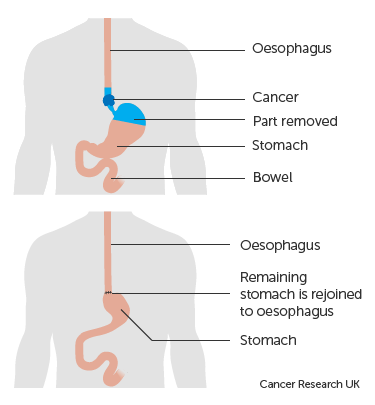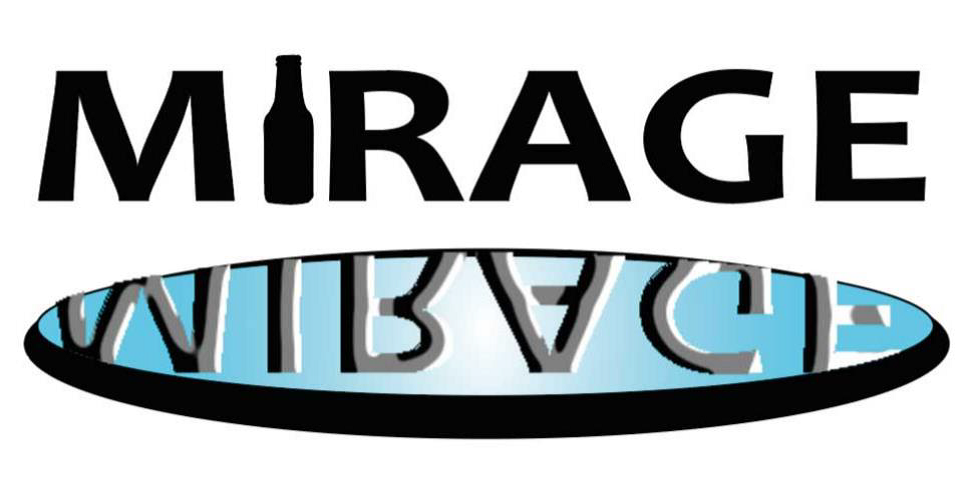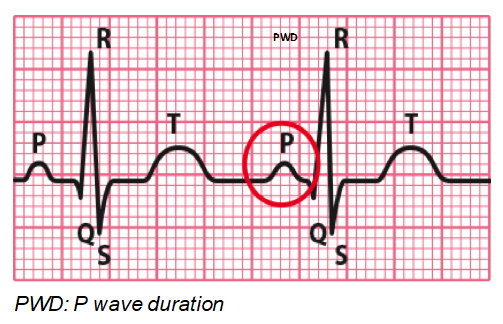Locally Developed Research
Locally developed research is research developed by UHP clinicians and healthcare professionals. As sponsor, our Research and Development team support researchers to develop their project and apply for NHS approvals to conduct it. We also provide support for the entire management and delivery of the studies where required.
Some of UHP’s locally developed research can be found below:







